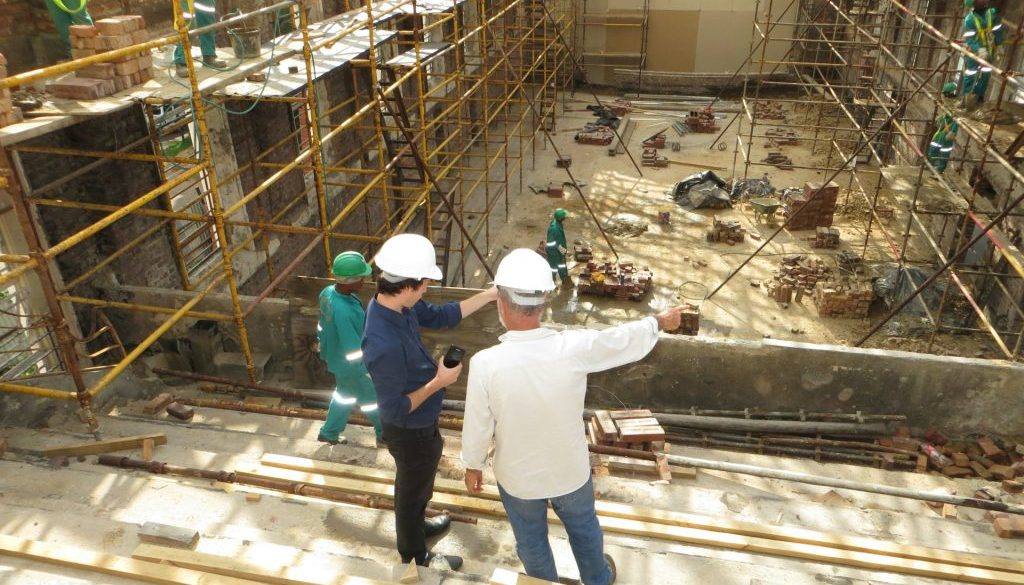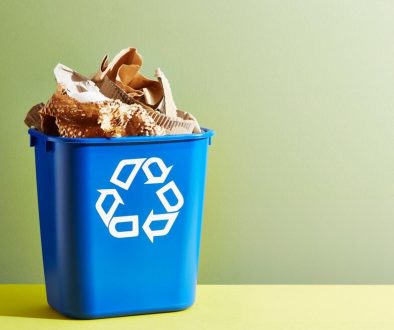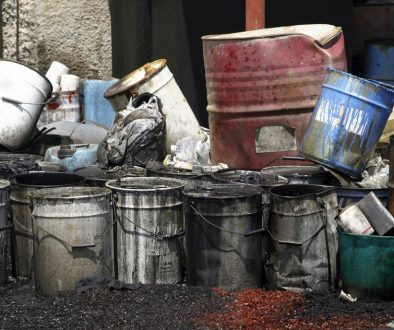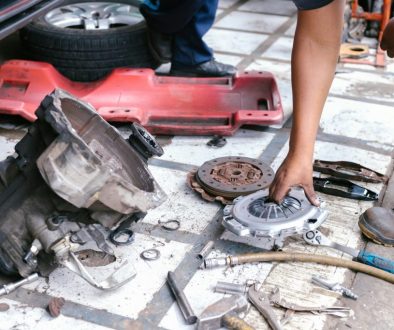As the construction industry continually seeks sustainable solutions to mitigate its environmental impact, one effective avenue for achieving this goal is through the use of recycled aggregates. As a family-run skip hire and aggregate company servicing Staffordshire, we take pride in promoting eco-friendly construction practices and supplying sustainable materials that contribute to a greener future. This comprehensive guide will delve into the ins and outs of aggregate recycling, helping you understand its significance in the construction sector and how it aligns with the broader movement towards environmentally responsible building practices.
In this in-depth exploration, we will cover various aspects of aggregate recycling in construction, beginning with an overview of what recycled aggregates are and the sources from which they are typically derived. We will then discuss the myriad benefits of using recycled aggregates, touching on environmental advantages, cost savings for the construction industry, and positive implications for the global supply chain. Additionally, we will elucidate the diverse range of applications for recycled aggregates and highlight the regulatory requirements associated with their use.
1. An Overview of Recycled Aggregates and Their Sources
Recycled aggregates typically refer to the reprocessed materials derived from demolished structures, which can replace natural resources in various construction applications. The main sources of recycled aggregates include:
– Construction and demolition waste: The debris generated during construction, renovation, or demolition of buildings, bridges, roads, and other infrastructure projects can be crushed and repurposed into recycled aggregates.
– End-of-life pavement materials: Asphalt and concrete waste from resurfacing or replacement projects can provide valuable input for producing recycled aggregates.
– Industrial waste: By-products from industrial processes, such as fly ash and slag, can be utilised to generate recycled aggregates, thereby reducing waste and enhancing overall sustainability.
2. The Benefits of Using Recycled Aggregates
Incorporating recycled aggregates into construction projects offers numerous advantages for the industry and the environment. Some of these benefits include:
– Environmental conservation: By using recycled aggregates, the construction sector can significantly reduce the consumption of natural resources, thereby preserving the environment and lowering the ecological footprint of projects.
– Waste reduction: Repurposing construction and demolition waste as recycled aggregates helps to divert a vast amount of debris from landfills, contributing to more efficient waste management and reduction.
– Cost savings: The use of recycled aggregates can lower overall construction costs as they are typically less expensive than virgin aggregates, allowing builders to allocate resources more sustainably.
– Supply chain resilience: The availability of recycled aggregates reduces the dependence on natural resources, ensuring a more secure and stable supply chain that can withstand external pressures and resource scarcity.
3. Diverse Applications of Recycled Aggregates in Construction
Recycled aggregates find applications across a wide range of construction projects, showcasing their versatility and functional viability. Among their many uses are:
– Road construction: Recycled aggregates can provide a practical alternative to virgin materials for constructing road bases, sub-bases, and pavement layers.
– Drainage systems: Permeable recycled aggregates facilitate water infiltration and drainage, making them an ideal choice for constructing infiltration trenches and stormwater management systems.
– Landscape design: As a decorative element, recycled aggregates can complement other materials in landscaping projects, offering a sustainable solution for pathways, patios, and garden features.
– Concrete production: Recycled concrete aggregates can replace natural aggregates in the production of new concrete, significantly reducing the carbon footprint associated with concrete manufacturing.
4. Regulatory Compliance and Quality Assurance
While embracing the use of recycled aggregates, it is crucial to ensure compliance with relevant regulations and quality standards. The following guidelines can help you navigate this critical aspect:
– Environmental regulations: The use and disposal of recycled aggregates must conform to environmental regulations that govern pollution control, waste management, and resource conservation.
– Quality standards: Recycled aggregates must satisfy the performance criteria established by industry-specific guidelines and international standards, such as the Eurocode and British Standards, to ensure their structural integrity and long-term durability.
– Testing and certification: It is essential to subject recycled aggregates to rigorous testing procedures and obtain appropriate certification to confirm their compliance with quality criteria and guarantee their suitability for the intended construction project.
Conclusion
The use of recycled aggregates represents a tangible step towards creating a more sustainable and environmentally conscious construction industry. By understanding the importance and benefits of these sustainable materials and ensuring their regulatory compliance, we can contribute to a greener future. As a family-run skip hire and aggregate company, we remain committed to supplying high-quality recycled aggregates aligned with these principles, helping to lay the foundation for eco-friendly construction projects.
If you’re seeking advice on environmentally responsible construction materials or looking to source sustainable aggregate supplies, our team of experts is here to help. Contact us at Enviro Skip Hire today to discuss your requirements, and let us help you achieve your green construction goals with our 6F2 aggregates and more!




